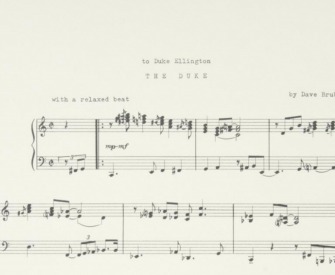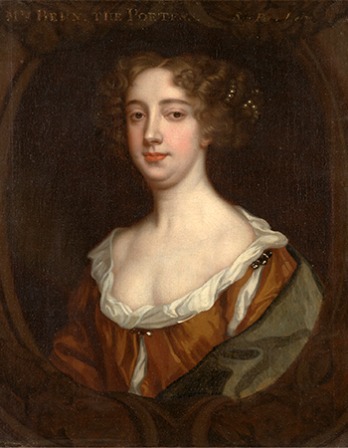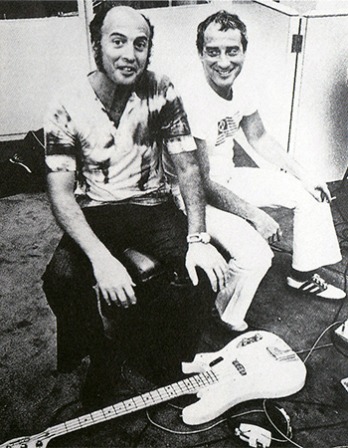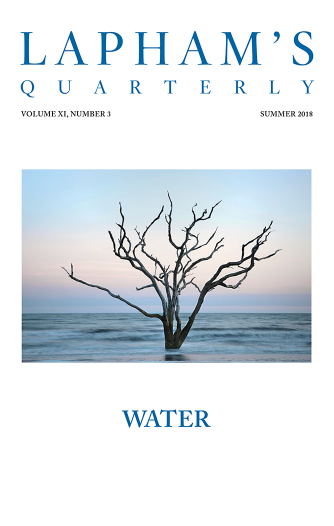I have composed a symphony for the opening of the Concert Spirituel, which was performed with great applause on Corpus Christi Day. I hear too that there is a notice of it in the Courrier de l’Europe, and that it has given the greatest satisfaction. I was very nervous during the rehearsal, for in my life I never heard anything go so badly.
You can have no idea of the way in which they scraped and scrambled through my symphony twice over; I was really very uneasy and would gladly have had it rehearsed again, but so many things had been tried over that there was no time left. I therefore went to bed with an aching heart and in a discontented and angry spirit. Next day I resolved not to go to the concert at all, but in the evening, the weather being fine, I made up my mind at last to go, determined that if it went as badly as at the rehearsal, I would go into the orchestra, take the violin out of the hands of M. La Haussaye, the first violin, and lead myself. I prayed to God that it might go well, for all is to His greater honor and glory; and ecce, the symphony began. Anton Raaff, the tenor, was standing beside me, and just in the middle of the allegro a passage occurred which I felt sure must please, and there was a burst of applause—but as I knew at the time I wrote it what effect it was sure to produce, I brought it in once more at the close and then rose shouts, “Da capo!” The andante was also liked, but the last allegro still more so. Having observed that all last as well as first allegros here begin together with all the other instruments—and generally in unison—mine commenced with only two violins, piano for the first eight bars, followed instantly by a forte. The audience, as I expected, called out, “Hush!” at the soft beginning—and the instant the forte was heard began to clap their hands. The moment the symphony was over I went off in my joy to the Palais Royal, where I took a good ice, told over my beads as I had vowed, and went home, where I am always happiest, and always shall be happiest—or in the company of some good, true, upright German, who, so long as he is unmarried, lives a good Christian life, and when he marries loves his wife, and brings up his children properly.
From a letter to his father. A composer at five and concertmaster of the Salzburg court at thirteen, Mozart was in his twenties and trying to make his name in Paris when he drafted this report. Describing the composer’s work on The Marriage of Figaro, his librettist, Lorenzo da Ponte, said, “As fast as I wrote the words, Mozart set them to music. In six weeks everything was in order.”
Back to Issue





